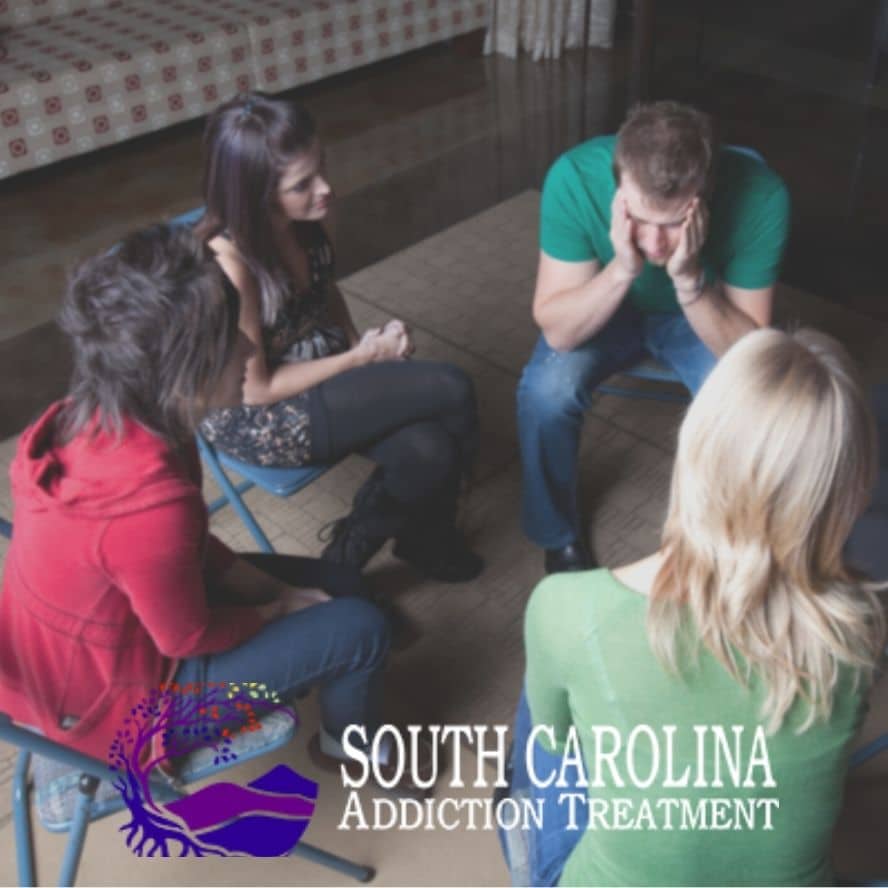What is Dual Diagnosis Rehab?

Medically Verified: 2/1/24
Medical Reviewer
Chief Editor

All of the information on this page has been reviewed and verified by a certified addiction professional.
Addiction can affect people’s lives in profound ways. Living with substance abuse and addiction can lead to long-lasting consequences for people’s physical and emotional health. It can affect their ability to live healthy lives and the consequences can ripple outward into their community. Most people living with addiction need to go through a substance abuse treatment program to overcome their addiction and learn how to live life without using substances.
Many people who struggle with addiction also live with mental illness. When someone has both conditions, it is called a dual diagnosis. Dual diagnoses are common. About 4 million people in the United States require treatment for a dual diagnosis. However, only about 8% of those who need dual diagnosis rehab get it.[1]
Not getting treatment for a dual diagnosis leads to an onslaught of problems. People are prone to relapsing if they do not receive the treatment they need to address their addiction and heal the symptoms of their mental illness. Without the right treatment, people with a dual diagnosis are likely to continue to abuse substances and live with worsening symptoms–and consequences–of their addiction.
Do I Need Dual Diagnosis Rehab?
Some people have received a formal diagnosis of both a substance use disorder and a mental illness. However, some people live with symptoms of both conditions without being formally diagnosed for years. Receiving a diagnosis from a medical professional can help you start the process of getting treatment for both conditions.[2]
Some signs that you may be living with a dual diagnosis include:
- Being diagnosed with either a substance use disorder or a mental illness
- Beginning to use drugs or alcohol after a traumatic event
- History of bipolar disorder, depression, anxiety, or Borderline Personality Disorder
- Using drugs or alcohol despite negative consequences (job loss, loss of relationship, financial or legal problems, damage to physical health)
- Changes in mood, sleep, or appetite
- Increased isolation or strained relationships
- Spending significant amounts of time getting, using, and recovering from drugs or alcohol
If you are experiencing symptoms of a mental illness and abusing substances, you must get an evaluation to see if you require dual diagnosis rehab. If you only get treatment for your substance use disorder, your untreated mental health symptoms may lead to a relapse in the future. If you only receive treatment for your mental illness, your substance abuse can interfere with your ability to engage in the therapies. Without treating both the mental illness and the addition, it is very difficult to fully recover from either condition.
What Happens in a Dual Diagnosis Treatment Program?
Dual diagnosis rehab is similar to other substance abuse treatment programs but offers the time and structure to address mental health and addiction equally. Generally, it follows a four-phase structure.
Evaluation
You will be evaluated by the treatment staff to help decide the best course of treatment for your unique needs. This may include getting information about medical conditions and getting to know your history of substance abuse. The staff will determine if inpatient or outpatient care is appropriate.
Detox
If you require medically supervised detox, you will be monitored and treated for your withdrawal symptoms. You will have support and treatment to help you achieve a complete detox as safely and comfortably as possible.
Treatment
After completing detox, you will begin a treatment program that is designed to help you learn to manage the symptoms of your mental illness and addiction. For most, this includes a combination of medications, group and individual addiction therapy, education, and holistic therapies (such as yoga, exercise, nutrition therapy, art and music therapy, and acupuncture).
Aftercare
Treatment does not end when you leave the rehab facility. Having an aftercare plan is crucial to lifelong success and sobriety. In treatment, you will identify what techniques and coping skills you will use to avoid relapse and stay active in your recovery from mental illness and addiction.
Dual diagnosis rehab centers allow you to get comprehensive, tailored treatment for both your mental illness and substance use disorder. This gives you the best chance at meaningful, long-lasting recovery.
Choosing Treatment for a Dual Diagnosis in South Carolina
If you are looking for dual diagnosis rehab in South Carolina, it is important to look for a facility that is qualified to treat both mental illness and addiction. Some facilities offer one or the other, but it is important that you receive treatment for both conditions at the same time to be successful.
Generally, some signs of a good dual diagnosis rehab facility include:
- Staff are licensed and trained to provide dual diagnosis treatment
- The facility has strict admissions criteria
- The majority of the time in treatment is spent on evidence-based therapies
- Predictable schedule
- Programs can be tailored to meet your needs
- Multiple levels of care available
- 24-hour access to medical and psychiatric professionals
- Calm environment
- Financial assistance offered
Ask any questions you might have beforehand. It is important that you feel confident in your choice so that you can fully participate in treatment.
Learn More About Dual Diagnosis Rehab at South Carolina Addiction Treatment
If you or someone you love require treatment for a dual diagnosis, please reach out to the knowledgeable staff at South Carolina Addiction Treatment. We offer flexible substance abuse treatment programs designed to help you overcome addiction and mental illness.
Don’t wait another day for the life-changing treatment you need. Call today to speak with an admissions counselor.
References:

